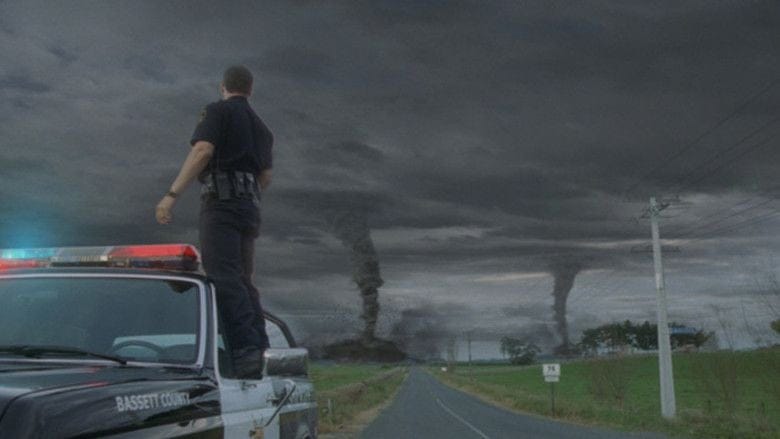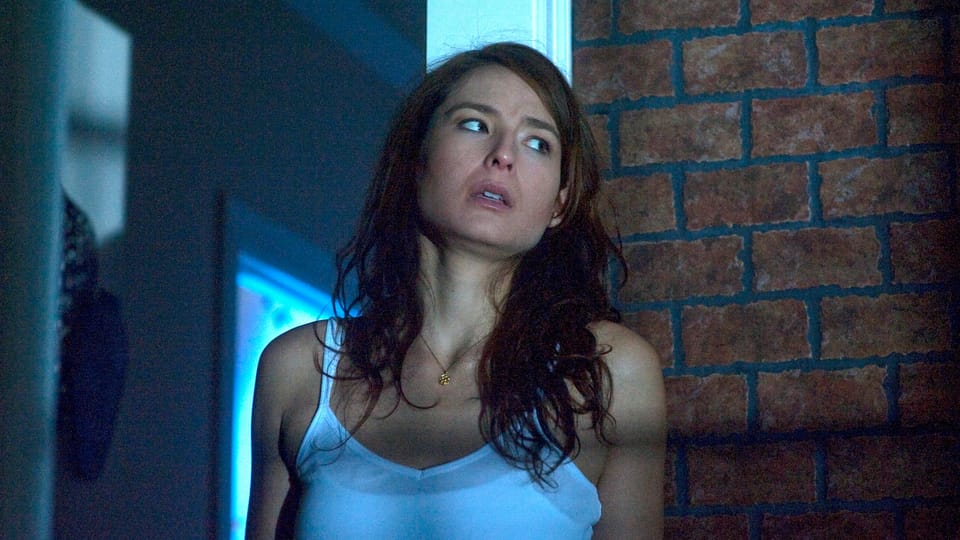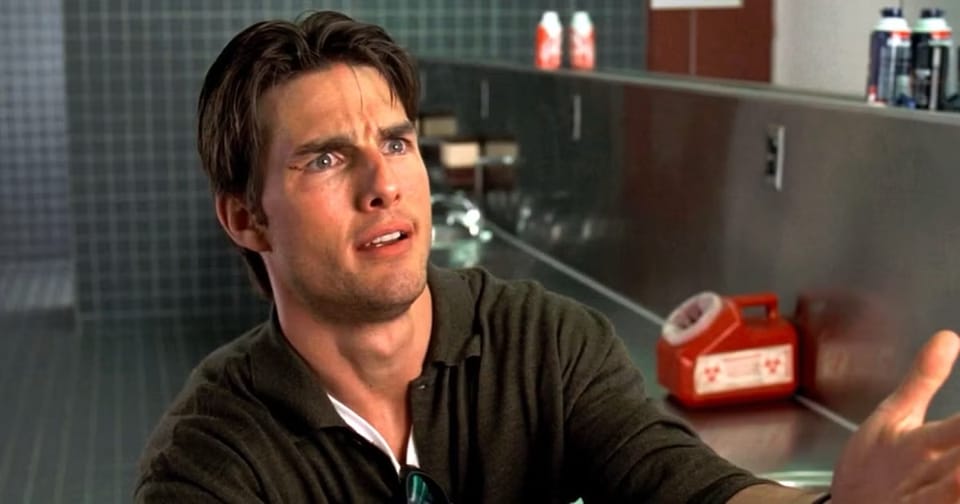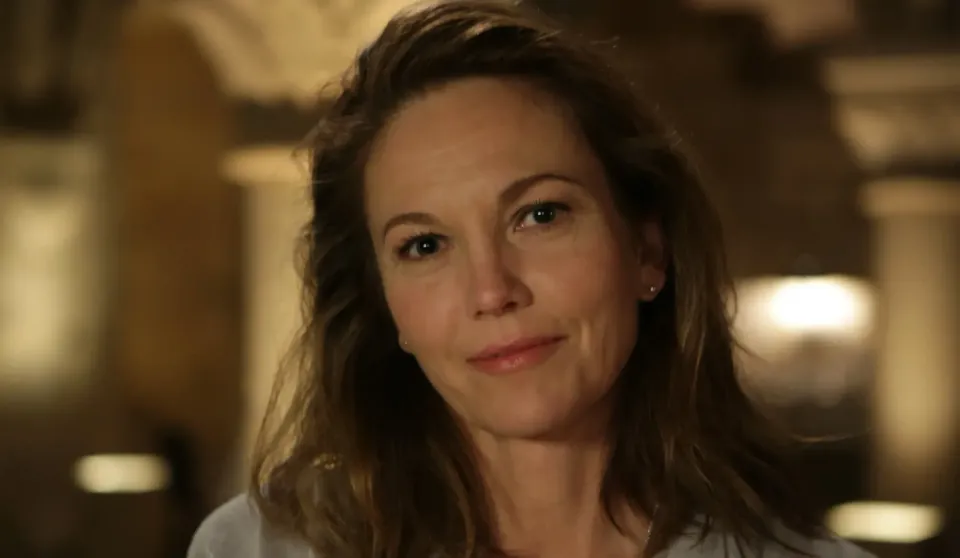Do you really need to pick a genre?
Twenty-nine years as a professional screenwriter, and I have never once been asked to pick a genre.

The Story and Plot Weekly Email is published every Tuesday morning. Don't miss another one.
When I first started writing, it never occurred to me to stick to a single genre. My heroes didn’t.
Billy Wilder didn’t. Sydney Pollack didn’t.
But it is conventional wisdom in screenwriting circles these days that a screenwriter should specialize.
The thinking is that you should be known for something. You should have a brand.
I heard one career coach say that if you were looking to hire someone for a specific job, you would look to the Top 5 or 10 known for that type of job and hire from that list, right?
So get on that list!
There may be some truth to that. Some.
But it has not been my experience.
Now, this might be because I was never on any of those Top 5 studio lists! But that is also kind of my point.
Unless you’re on that list, it doesn’t really matter.
I recently celebrated 29 years in the WGA. This celebration was seeing “Member since 11/4/1996” on my member page and mumbling, “Huh.”
But still! 29 years!
In that time, with over a dozen different agents and seven managers, no one has ever said, “Pick a genre.”
Not one time.
And I write in, and have made money from, a lot of different genres.
Everyone’s experience is different.
So what is right for me may not be right for someone else. And this is the sobering truth on so much Hollywood advice.
This industry is often a case study in chaos theory. So many small differences early on create too many variations for any one career to be predictable, let alone repeatable.
Just because it makes sense doesn’t mean it’s true. And it definitely doesn’t mean that it’s true for you.
But it might be!
How’s that for advice?
You and your genre.
Much of this discussion comes from other people’s limitations, not yours. If they read a script of yours (or watch a film you directed, for that matter), they will then assume that’s who you are.
They now think they know the types of screenplays you write and the type of movies you make.
This makes their life easier, not yours.
Of course, if these are the types of scripts you write, great! Follow that!
But what if they aren’t?
What if you have other stories in mind?
The screenplay I wrote after I got my first agent was essentially the same script as the previous one.
Why?
Because I didn’t know what I was doing. I had no process yet, and I certainly didn’t have professional-level competency.
So I figured, if my agent loved the last script, I’d just give him the same thing again.
He called me out on it.
We tried to develop it, but his disappointment was obvious. It didn’t have the same spark as my previous script.
It was insincere because it came from insecurity, not the joy of creation and an excitement to share it with others.
Of course, the genre is important.
It’s important to buyers, the market, and to audiences.
Some genres are easier to sell than others. But the genres that are easier to sell at any given time will change.
Horror is easier right now, but it’s also flooded. Comedies are harder, but it just takes one to flip that entirely.
But none of this really matters if you don’t love what you’re writing.
Your value to the project is how much you’re able to put yourself into it.
Good writing should transfer the writer's enthusiasm to the reader. You are taking the emotion in your gut and gifting it to the person reading your words.
What do you think is going to happen if that enthusiasm is zero? And that emotion is desperation?
This might sound less than convincing from the man who brought you ATOMIC TWISTER!
I get it! But here is the dirty secret to a lot of bad movies out there:
The writers had to write some pretty great stuff to earn the privilege of getting paid to write that dumb movie.
Your attitude on the page matters.
Don’t do it because someone said you’re supposed to.
We hear generic advice as specific to us all the time.
When we lack certainty ourselves, it is natural to look to those who seem to possess it.
In an early lecture in Mastering Structure, we discuss how screenwriting is not dogma. I will share principles, things that I’ve learned, and things I believe to be true.
I have been writing and teaching for a long time, so I speak with great confidence.
But do not mistake that confidence to mean this is all a concrete, mathematical equation.
It is the intangible parts of any project that make it special. We are dealing with human emotions, after all.
Story principles don’t tell us what to do. They only give us priorities and guidance. They can outline the more straightforward path or the more challenging path. They can inform us what is more important between two choices.
But in the end, it is always YOU who makes the choice. Not the principles.
Yes, people love to give advice with incredible confidence.
It is often a flippant remark with no real stakes to it, because they don’t need to make the choice themselves.
It was true for someone, at some point. Or maybe it just sounds good. Perhaps the logic is sound. They feel good saying it.
But their certainty is not how you judge how true it is.
Because if you COMMIT to it, then the stakes do matter.
Sure, a small commitment is no big deal. We should experiment, after all, and try new things.
But a lasting commitment, by definition, is a big deal, and it should be weighed accordingly.
What story are you most passionate about right now?
For me, after I write a supernatural thriller, the last thing I want to write next is another supernatural thriller.
But other writers may be champing at the bit to do just that! And another one after that, and another one!
This passion matters. Not only does it shine through on the page, but it is what pushes you through the hard times, and there will be many hard times for every project.
Writing a screenplay you care about is hard.
Writing one you don’t care about is harder.
The project still needs to align with your career and project goals.
Passion will only get you so far, of course. A screenplay needs to match your goals for it.
There are two projects I desperately want to write someday, but I know income is a long shot for them.
Revolutionary War movies aren’t exactly in high demand, nor are sports movies about the 1960s University of Houston!
When I combine research and writing, I am looking at four to six months on a project where I have little chance of making any money.
That’s not my financial reality these days.
You must make the same assessment.
If you want to sell the screenplay, it had better be a marketable concept. If you want to make the film yourself, the idea had better fit a micro budget.
It doesn’t really matter whether you start with the goal or the project idea first.
They just need to be aligned.
And it should be something that you can put your heart into.
After that…
The town will tell you what genre they want you to write.
This is a business of relationships, but it’s important to realize that, with the exception of a select few, these are all one-on-one relationships.
That is, for most of us, 99% of the people in the industry don’t know who you are, and they don’t care. This will not change until you reach a certain amount of success.
There is no branding here. There is only the relationship. That’s it.
Some executives and producers know me as a horror guy, others know me as a comedy writer, and others still as an action or thriller writer.
I’ve made two horror movies with one producer, and he is always asking me to introduce him to comedy writers for different projects. He never thinks of me that way. Ever. (He never seems to wonder why I know so many comedy writers!)
With another producer, I am the first writer he goes to with a comedy idea.
And they know each other! The second one introduced me to the first!
But this is their limitation, not mine.
Switching up genres expands my relationships; it doesn’t limit them. If someone responds to my work, I can make that connection, and if that’s how they see me, that’s fine.
But once you hit a certain amount of success, things will change.
Perhaps you get credit on a hit movie, a huge spec sale, or you top the Black List (though that just ain’t what it used to be).
Then your reputation goes beyond your own direct relationships. Now you have indirect relationships with people you have never met and have never read your work, and they think they know who you are because of it.
This is usually a good problem to have!
But you have this problem because you’ve earned it, not because you wrote your own personal logline for your "brand."
Even then, it only takes one to break the spell of, “So, this is who you are.”
It was known that Jordan Peele wanted to move from comedy to horror. It got smiles because it was an interesting turn. No one dismissed him outright; everyone knew how talented he was.
But not many were convinced.
Until they read GET OUT. And that was that. It took one script. That was all.
And this was for someone who was a known commodity. This was someone who had a legitimate brand.
(Of course, if you don’t nail the assignment, they may tell you to get back in your lane, but that’s a different problem.)
Tone and voice are more individualized than genre.
They are far more critical in connecting with and establishing those one-on-one relationships with producers, execs, and reps that will make the difference in your career.
Both of these qualities are inextricably connected to confidence.
Because of this, building your confidence through the repetition of writing screenplays is far more valuable than trying to brand yourself as one kind of writer.
Experiment. Play.
No screenplay is the last screenplay you are going to write.
If you have the freedom to do so, “to experiment,” “to have fun,” or simply a need “to tell this story” are all valid project goals.
You may find you were writing in the wrong direction all along. You may have resisted comedies, only to discover that it's right where you belong.
Same with horror or action.
But you may not know this until you try.
Let the story tell you what it wants to be.
And, of course, if you have found a genre you are happy with and want to stay there, that’s perfectly fine, too.
The Story and Plot Weekly Email is published every Tuesday morning. Don't miss another one.
When you're ready, these are ways I can help you:
WORK WITH ME 1:1
1-on-1 Coaching | Screenplay Consultation
TAKE A COURSE
Mastering Structure | Idea To Outline




